11 GPTs for Workplace Ethics Powered by AI for Free of 2025
AI GPTs for Workplace Ethics are advanced artificial intelligence tools based on Generative Pre-trained Transformers designed to address and provide solutions related to ethical issues within the workplace. These tools analyze, interpret, and generate human-like text based on ethical guidelines, helping organizations to enforce ethical practices, decision-making processes, and compliance standards. Their relevance lies in their ability to offer tailored guidance and solutions on ethical dilemmas, ensuring organizations adhere to ethical standards and foster a culture of integrity.
Top 10 GPTs for Workplace Ethics are: Am I the Asshole,Stoic Sage,🔍 HR Legal Eagle Advisor 🦅,Real World Biblical Insight,Ethical Insight for Business,👥 HR Compliance Navigator GPT 📜,✅ AmItheAsshole via GPT ✳️,HR Legal Eagle 🦅👩⚖️,Am I the Jerk? [GPT-4.5 Unofficial],Honestly GPT
Am I the Asshole
Navigate Ethical Dilemmas with AI Insight
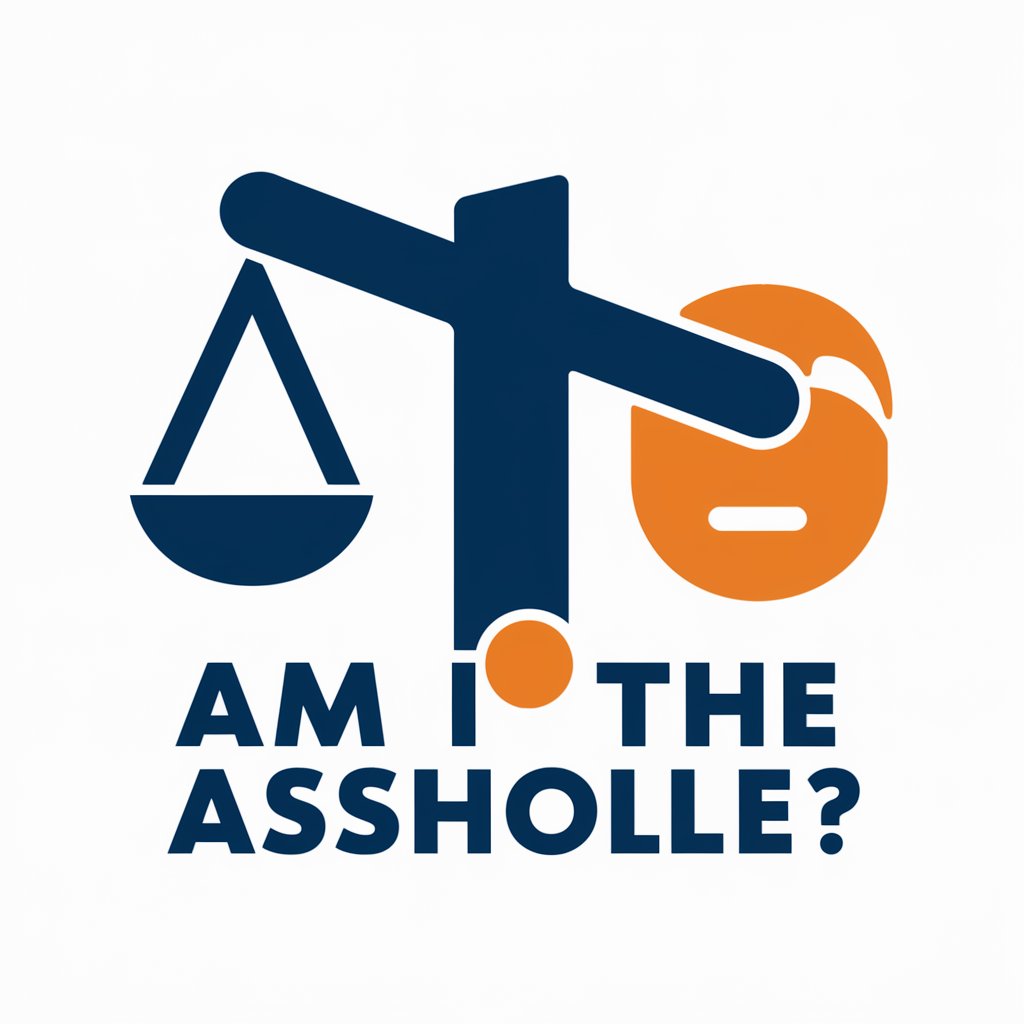
Stoic Sage
Harness AI-Powered Stoic Wisdom

🔍 HR Legal Eagle Advisor 🦅
Empowering HR with AI-driven Legal Guidance
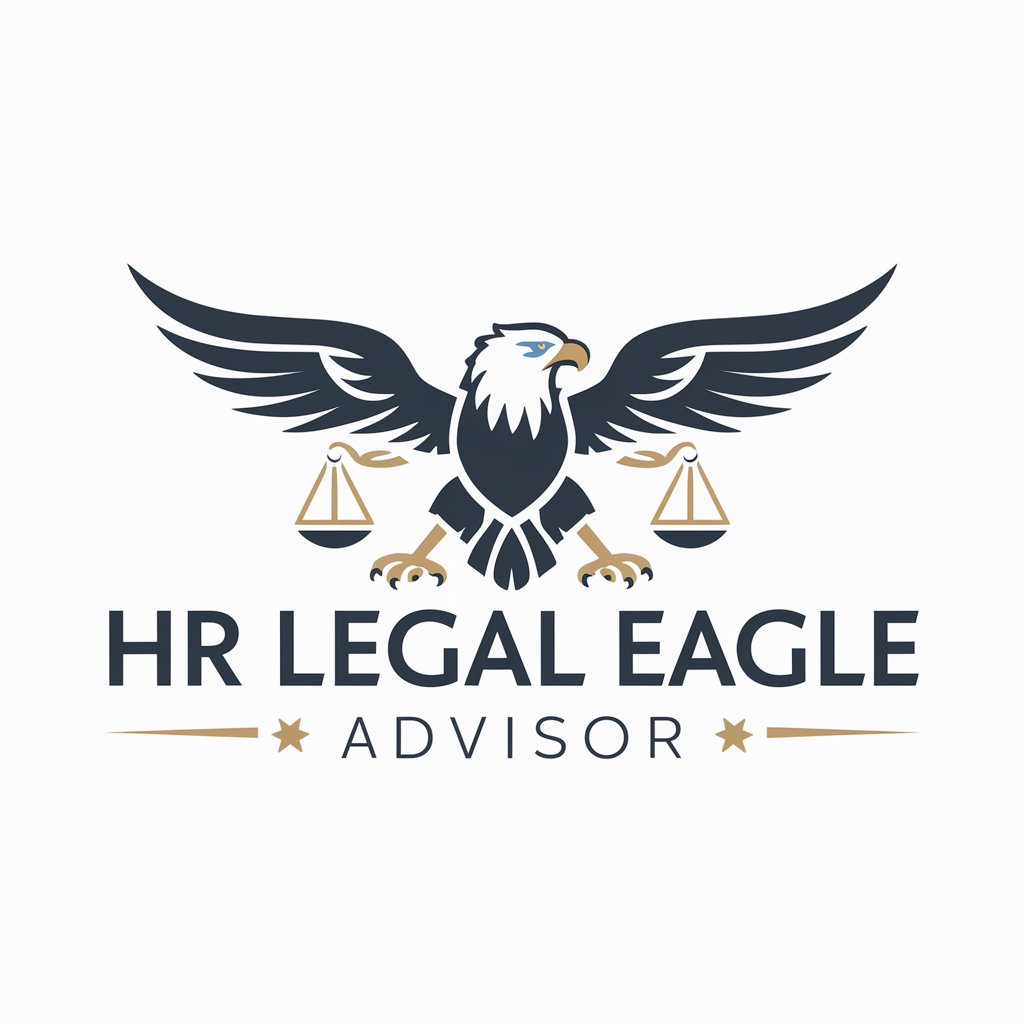
Real World Biblical Insight
AI-powered Biblical wisdom for everyday life.
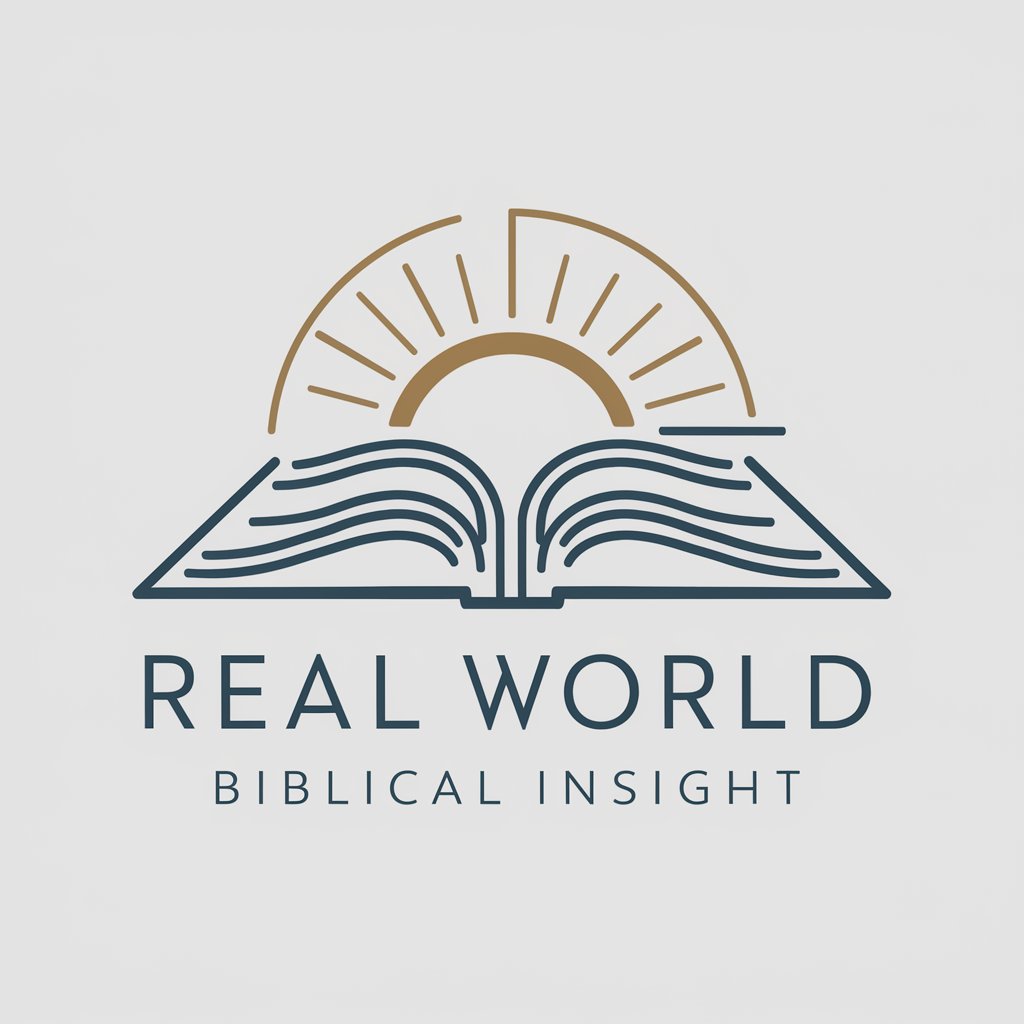
Ethical Insight for Business
Empowering ethical business decisions with AI
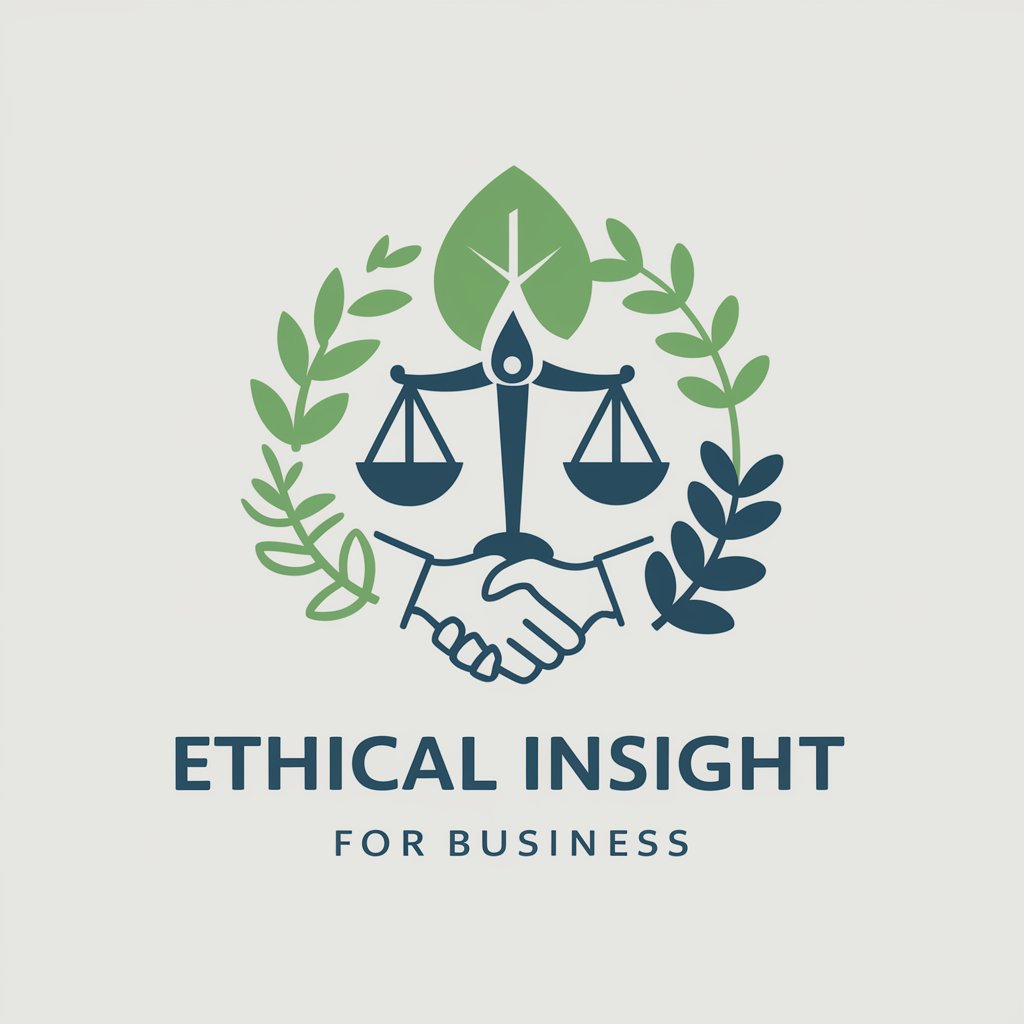
👥 HR Compliance Navigator GPT 📜
Streamlining HR Compliance with AI
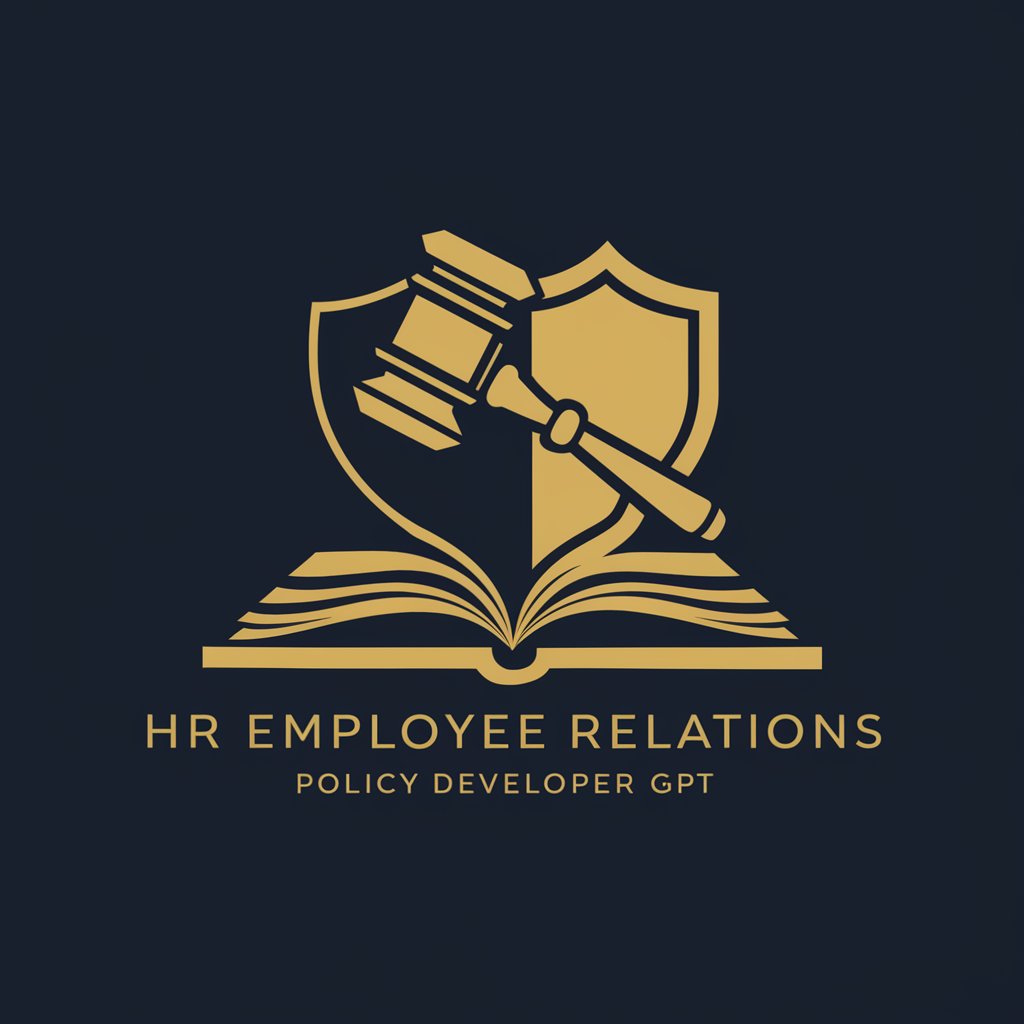
✅ AmItheAsshole via GPT ✳️
Navigate moral dilemmas with AI-powered insight.
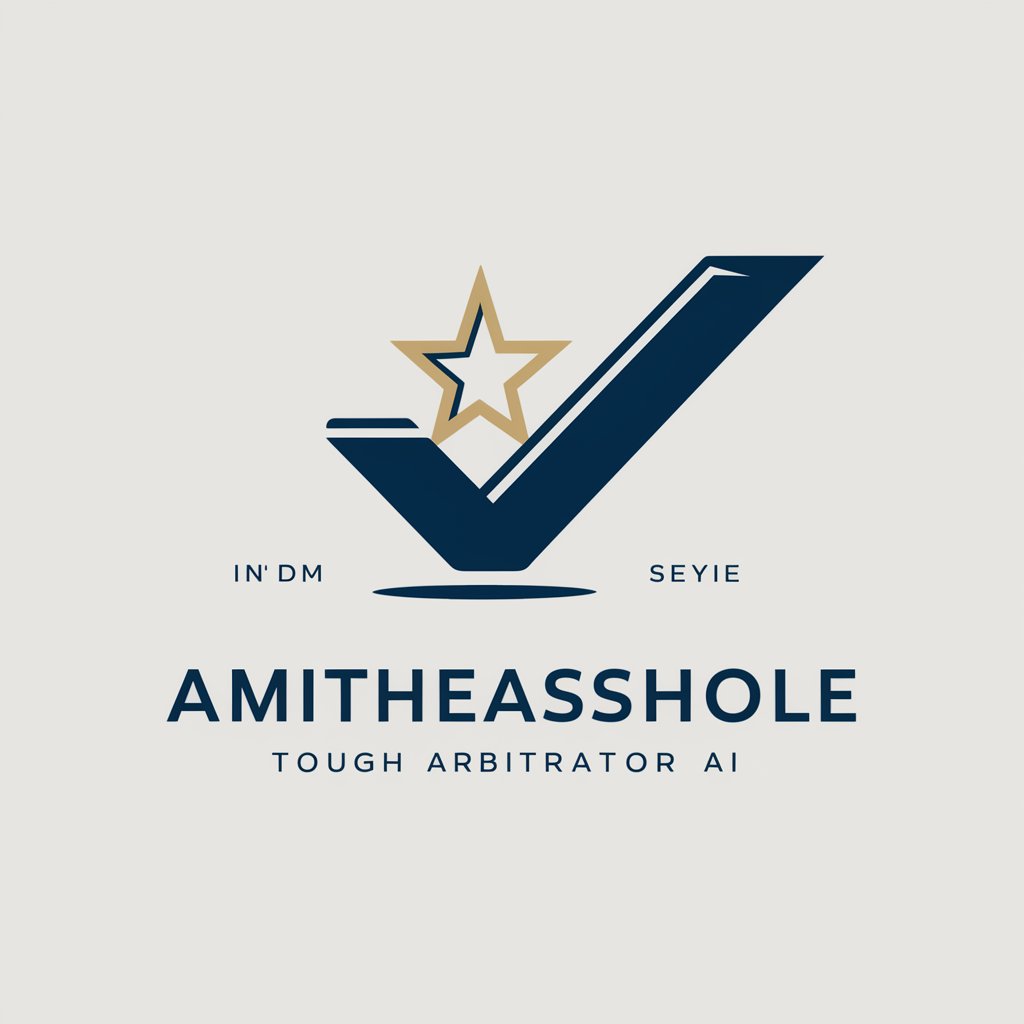
HR Legal Eagle 🦅👩⚖️
AI-powered HR Legal Advisor
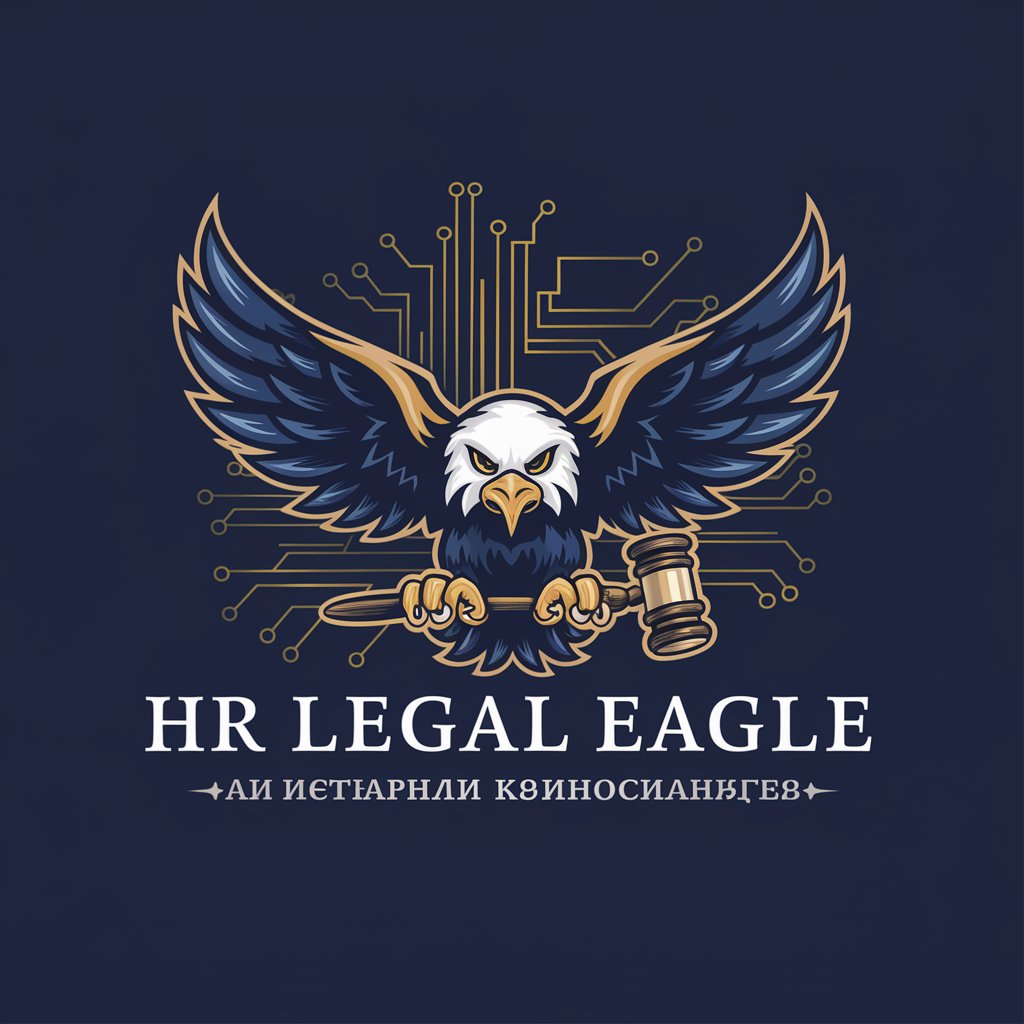
Am I the Jerk? [GPT-4.5 Unofficial]
Navigate moral dilemmas with AI-powered advice.
![Am I the Jerk? [GPT-4.5 Unofficial] in GPT Store](https://r2.erweima.ai/i/XKOHopvPRMuL2Q10CD3BaQ.png)
Honestly GPT
Your cheeky, ethical AI sidekick.
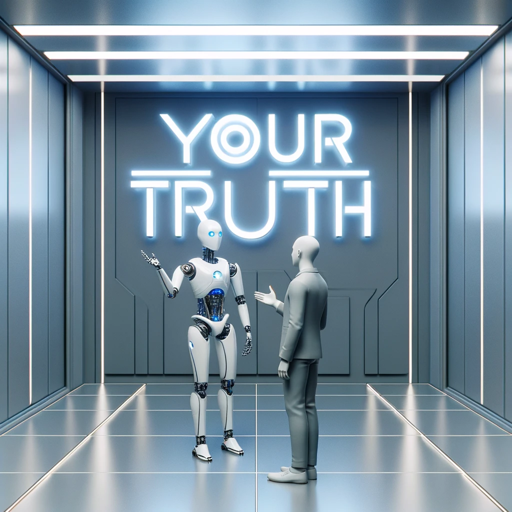
Avoid Being PUA
Empower respectful workplace interactions
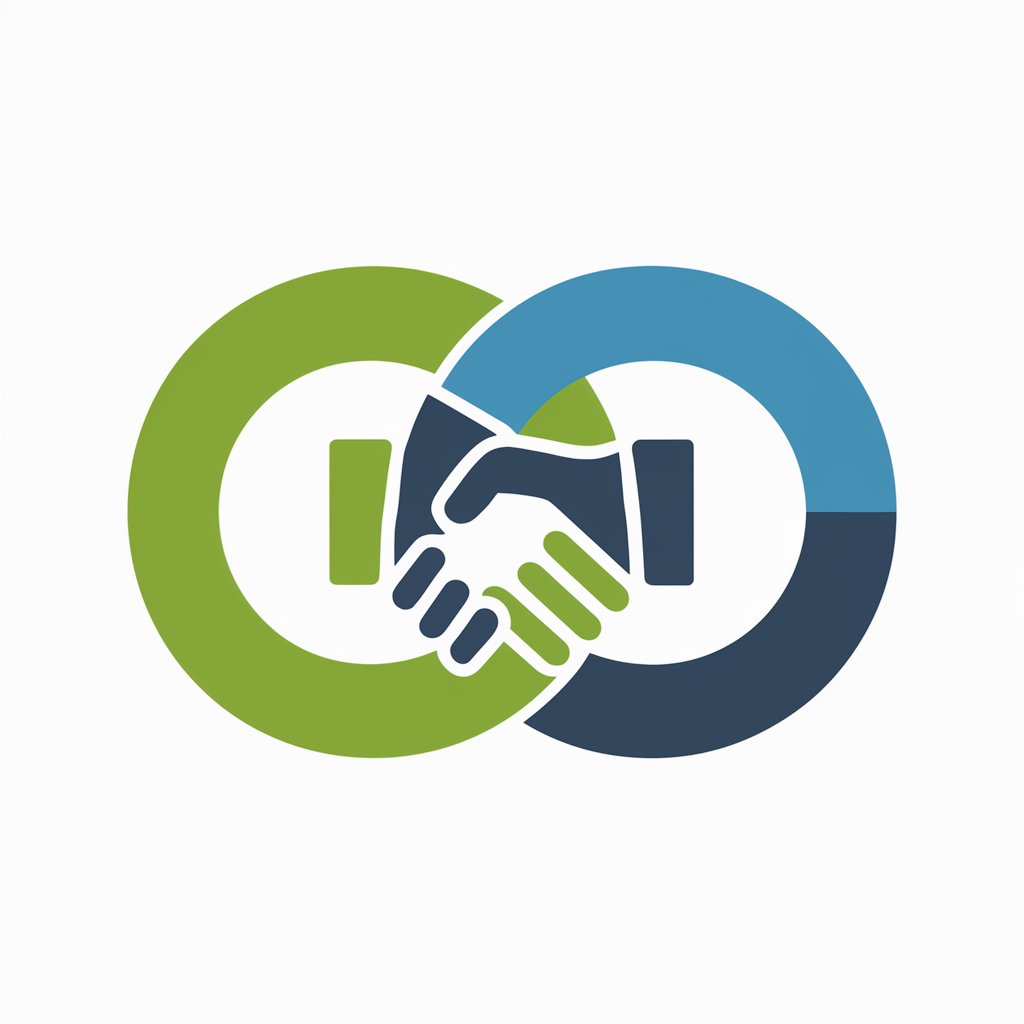
Key Characteristics and Capabilities of AI GPTs in Ethics
AI GPTs for Workplace Ethics distinguish themselves through their adaptability, offering solutions that range from basic ethical guidance to complex decision-making support. Unique features include natural language processing for understanding and generating ethical content, technical support for implementing ethical guidelines, web searching for the latest ethical standards, image creation for ethical training materials, and data analysis for ethical behavior patterns. These capabilities enable the tools to provide personalized ethical advice, support policy development, and enhance ethical education programs.
Who Benefits from Ethical AI Tools
The primary beneficiaries of AI GPTs for Workplace Ethics include ethics officers, HR professionals, corporate leaders, and employees seeking to navigate ethical challenges. These tools are accessible to novices without coding skills, offering user-friendly interfaces for ethical guidance. Additionally, they provide advanced customization options for developers and professionals in ethics, enabling the integration of AI-driven ethical solutions into diverse workplace scenarios.
Try Our other AI GPTs tools for Free
Social Etiquette
Discover AI-powered tools designed to navigate the nuances of social etiquette, offering personalized advice for improved communication and interactions in any context.
Family Conflicts
Discover AI GPTs for Family Conflicts, your go-to solution for navigating familial disputes with empathy, expertise, and technological innovation. Tailored for everyone from novices to professionals.
Friendship Disputes
Discover how AI GPTs for Friendship Disputes provide tailored support and advice to resolve personal conflicts, fostering understanding and reconciliation.
Film Analysis
Discover the transformative power of AI GPTs for Film Analysis, enhancing the depth and breadth of film studies with advanced analysis and insights.
Industry Evolution
Discover how AI GPTs are revolutionizing Industry Evolution, offering tailored, innovative solutions for data analysis, automation, and strategic decision-making.
Movie Recommendations
Discover personalized movie recommendations with AI GPTs. Explore films tailored to your taste with our advanced AI technology.
Expanding Ethical Horizons with AI
AI GPTs function as bespoke solutions across sectors, streamlining the implementation of ethical practices. These tools offer user-friendly interfaces and the potential for integration with existing workflows, significantly enhancing ethical awareness and decision-making capabilities within organizations. Their adaptability ensures that they remain relevant in the face of evolving ethical standards and challenges.
Frequently Asked Questions
What exactly are AI GPTs for Workplace Ethics?
AI GPTs for Workplace Ethics are AI tools designed to assist in identifying, analyzing, and addressing ethical issues in the workplace through advanced natural language processing and machine learning techniques.
How can these tools be adapted for different ethical issues?
These tools are highly adaptable, capable of being customized to address specific ethical guidelines, dilemmas, and compliance standards relevant to various industries and organizational cultures.
Are there any prerequisites for using these AI tools?
No specific prerequisites are needed for basic use, as these tools are designed with user-friendly interfaces. However, advanced customization might require basic knowledge of programming and ethical guidelines.
Can AI GPTs help in creating workplace ethics policies?
Yes, these tools can assist in drafting, revising, and suggesting improvements to workplace ethics policies by analyzing current standards and suggesting industry-best practices.
How do these tools ensure the confidentiality of sensitive information?
AI GPTs for Workplace Ethics are built with security measures and ethical guidelines to ensure that sensitive information is processed confidentially and in compliance with data protection regulations.
Can non-technical staff use these AI tools effectively?
Absolutely. These tools are designed for accessibility, allowing non-technical staff to use them for ethical guidance and decision support without the need for programming knowledge.
How can organizations integrate these tools into their existing systems?
Organizations can integrate these tools through APIs or custom software integrations, allowing for seamless interaction with existing HR, compliance, and training systems.
What future developments can we expect in AI GPTs for Workplace Ethics?
Future developments may include enhanced natural language understanding for more nuanced ethical discussions, integration with virtual reality for immersive training, and predictive analytics to foresee ethical dilemmas.